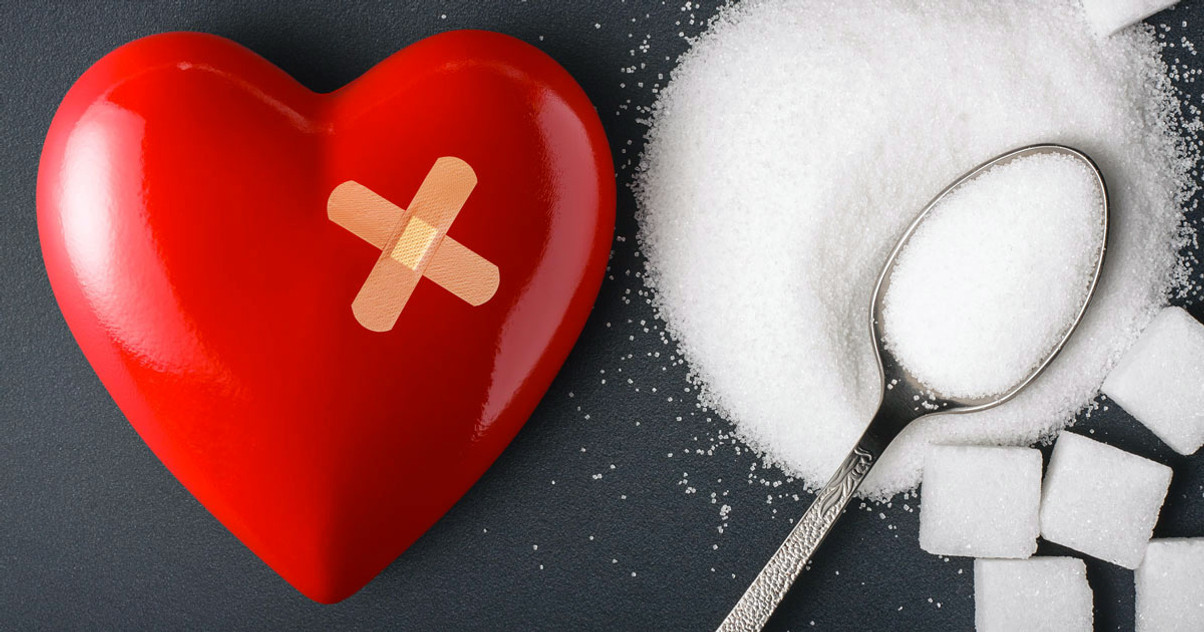Jan 23rd 2024
Sugar and Hypertension
For years, Beyond Health has recommended limiting fruit consumption to two pieces of fruit per day and avoiding fruit juice altogether. Although fresh fruit is a good source of nutrients, it’s also high in sugar, and sugar, even from healthy sources, can be detrimental if you get too much of it.
Although a diet high in fruits and vegetables is often recommended for lowering blood pressure, studies have found that high fruit consumption is not associated with lowered blood pressure and can even cause elevations in blood pressure.
How would eating fruit lead to higher blood pressure? It’s the sugar in the fruit that’s the problem.
Fruit contains two kinds of sugar—50% glucose and 50% fructose. And they each impact blood pressure. High fructose corn syrup is also composed primarily of glucose and fructose—42% glucose and 55% fructose.
Under normal, healthy circumstances, if you eat a piece of fruit, the glucose will cause sugar levels in your blood to rise somewhat. In response, the body produces insulin, a hormone that directs body cells to take sugar out of the blood and shuttle it into the cells where it will be used to produce energy.
But eating excessive amounts of fruit causes big sugar spikes that throw the body into stress mode. Massive amounts of insulin are produced to force sugar into the cells, and the sympathetic nervous system is activated. One effect of the sympathetic nervous system is the constriction of blood vessels, which increases blood pressure. This is why a high carbohydrate meal can provoke a heart attack in a susceptible individual.
Although fructose won’t stimulate the production of insulin, high levels of fructose can cause high blood pressure by stimulating sodium retention and uric acid production. Researchers commonly feed rats high fructose diets to make them hypertensive in order to study the effectiveness of blood pressure drugs.
High levels of both glucose and fructose also cause fats and proteins in the body to become “sugar-coated”—a process called glycation. Glycation causes accelerated aging as body tissues lose their natural flexibility and stiffen. When this happens to blood vessels, the heart has to work harder to pump the blood through them, which again increases blood pressure.
Excess sugar has innumerable negative effects on the body and is a primary cause of both aging and disease. Although refined sugars are by far the worst, especially high fructose corn syrup, it’s important to limit even the sugar we get from fruits. Eating whole fruits, as opposed to fruit juices, reduces the chance of blood sugar spikes since the fiber in the whole fruit slows down the entrance of sugar into the bloodstream.
Vegetable juices can be perked up with a little lemon, lime or even apple juice, and juices made in a blender, which preserves fiber, can include moderate amounts of fruit. But it’s best to focus on low-starch vegetables, especially the green vegetables, for making juices and smoothies.
For a moderately low-sugar, super nutrient dense, sweet treat, try our meal replacement, Berry Meal Blast!
References:
- Brown IJ. Sugar-sweetened beverage, sugar intake of individuals, and their blood pressure: international study of macro/micronutrients and blood pressure. Hypertension. April 2011;57(4):695-701.
- Trapé AA. The relationship between training status, blood pressure and uric acid in adults and elderly. BMC Cardiovascular Disorders. June 2013; 13(1):44.
- El-Bassossy HM. Arginase inhibition alleviates hypertension in the metabolic syndrome. British Journal of Pharmacology. June2013;169(3):693-703.
 Fuel your life with the purest vitamins
Fuel your life with the purest vitamins
